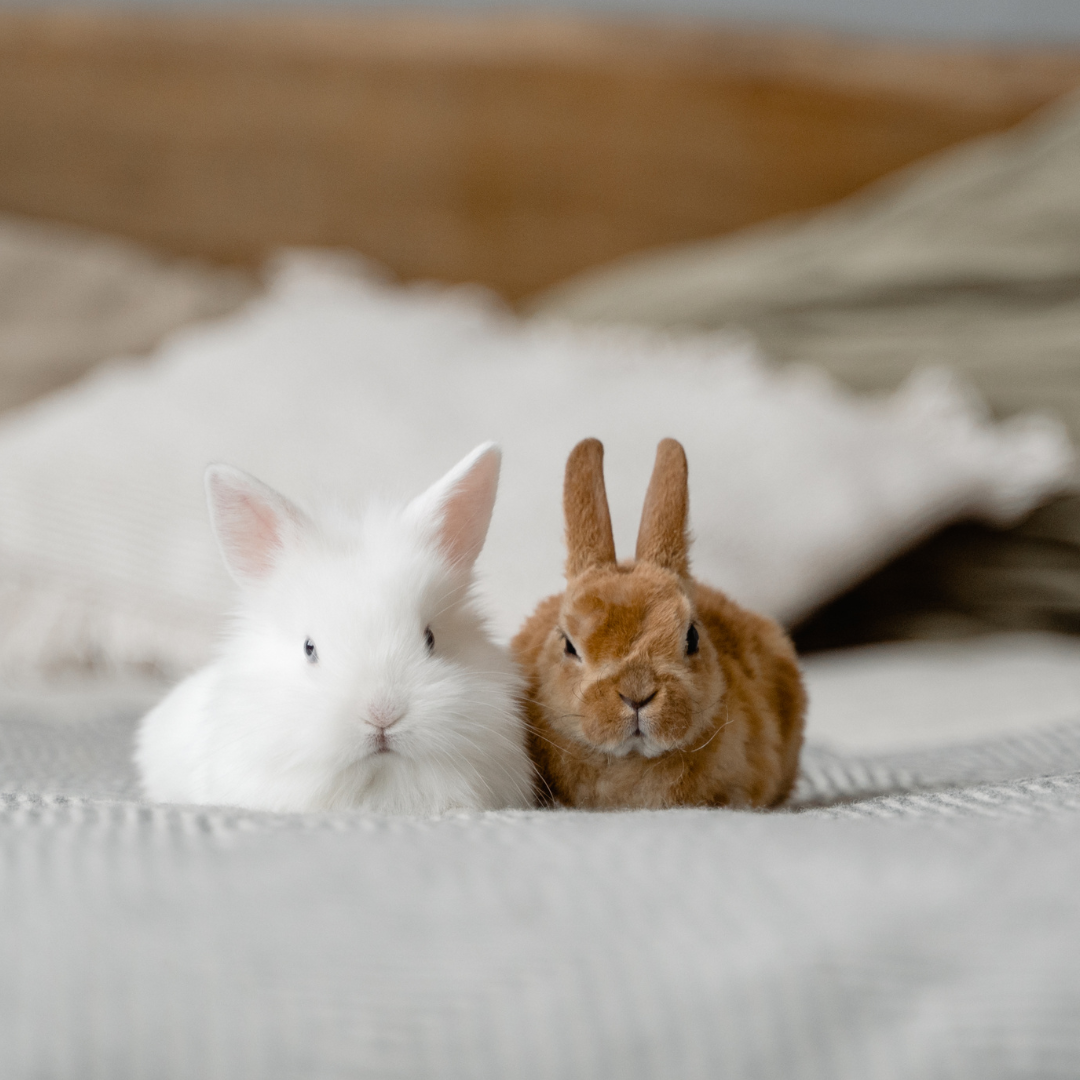All About Bunny Rabbits
Welcome to our website dedicated to everything bunny rabbits! Whether you are a proud bunny owner, thinking about getting a bunny as a pet, or simply have an interest in these adorable creatures, you have come to the right place. In this blog post, we will cover the best products for bunny rabbits, how to care for them, and tips for dealing with sickness.
Best Products for Bunny Rabbits
When it comes to providing the best care for your bunny, having the right products is essential. Here are some must-have items for bunny owners:
- Hutches or Cages: A spacious and comfortable hutch or cage is important to ensure your bunny has enough room to move around and play.
- Bedding: Choose a soft and absorbent bedding material, such as hay or straw, to keep your bunny’s living area clean and comfortable.
- Food and Water Bowls: Opt for heavy ceramic bowls that are difficult for bunnies to tip over. Ensure a constant supply of fresh water and provide a balanced diet of hay, fresh vegetables, and high-quality rabbit pellets.
- Toys and Enrichment: Bunnies are active animals and need mental and physical stimulation. Provide toys, tunnels, and chew toys to keep them entertained.
- Grooming Tools: Regular grooming is important for bunnies to keep their fur clean and prevent matting. Invest in a soft brush and nail clippers specifically designed for rabbits.
Caring for Your Bunny
Bunny rabbits make wonderful pets, but they require proper care to thrive. Here are some essential tips for bunny care:
- Housing: Provide a spacious and safe environment for your bunny. Make sure their living area is protected from extreme temperatures and predators.
- Diet: A healthy diet is crucial for bunnies. Offer a variety of fresh vegetables, hay, and high-quality pellets. Avoid feeding them foods that are toxic to rabbits, such as chocolate or onions.
- Exercise: Bunnies need regular exercise to maintain their physical and mental well-being. Provide them with enough space to hop and play, or consider supervised outdoor time if it’s safe.
- Grooming: Brush your bunny regularly to keep their fur clean and prevent hairballs. Check their nails and trim them when necessary.
- Socialization: Bunnies are social animals and enjoy companionship. Consider getting a pair of bunnies if possible, or spend quality time with your bunny to keep them happy and engaged.
Dealing with Bunny Sickness
Just like any other pet, bunny rabbits can sometimes get sick. Here are some signs that your bunny may be unwell and what to do:
- Loss of Appetite: If your bunny suddenly stops eating or drinking, it could be a sign of illness. Consult a veterinarian for a proper diagnosis and treatment.
- Changes in Behavior: If your bunny becomes lethargic, aggressive, or starts hiding, it may indicate an underlying health issue. Seek veterinary advice as soon as possible.
- Respiratory Issues: Sneezing, coughing, or difficulty breathing can be signs of respiratory problems in bunnies. Contact a veterinarian for guidance.
- Gastrointestinal Issues: Diarrhea, bloating, or constipation can be indications of digestive problems. A vet can recommend appropriate treatment options.
- Regular Vet Check-ups: Schedule regular check-ups with a rabbit-savvy veterinarian to ensure your bunny’s overall health and catch any potential issues early on.
Remember, bunny rabbits are intelligent and sensitive animals that require love, care, and attention. By providing them with a suitable environment, a balanced diet, and regular veterinary care, you can ensure a happy and healthy life for your furry friend.


